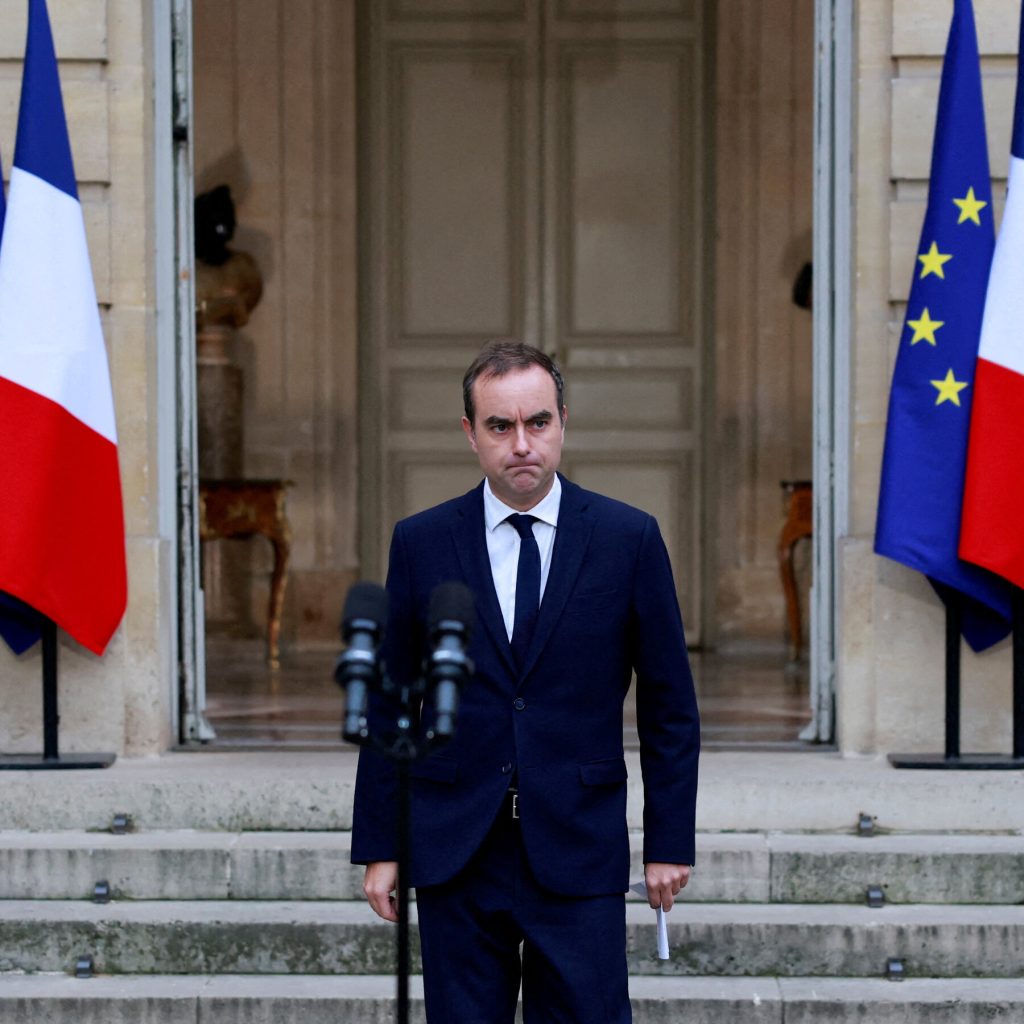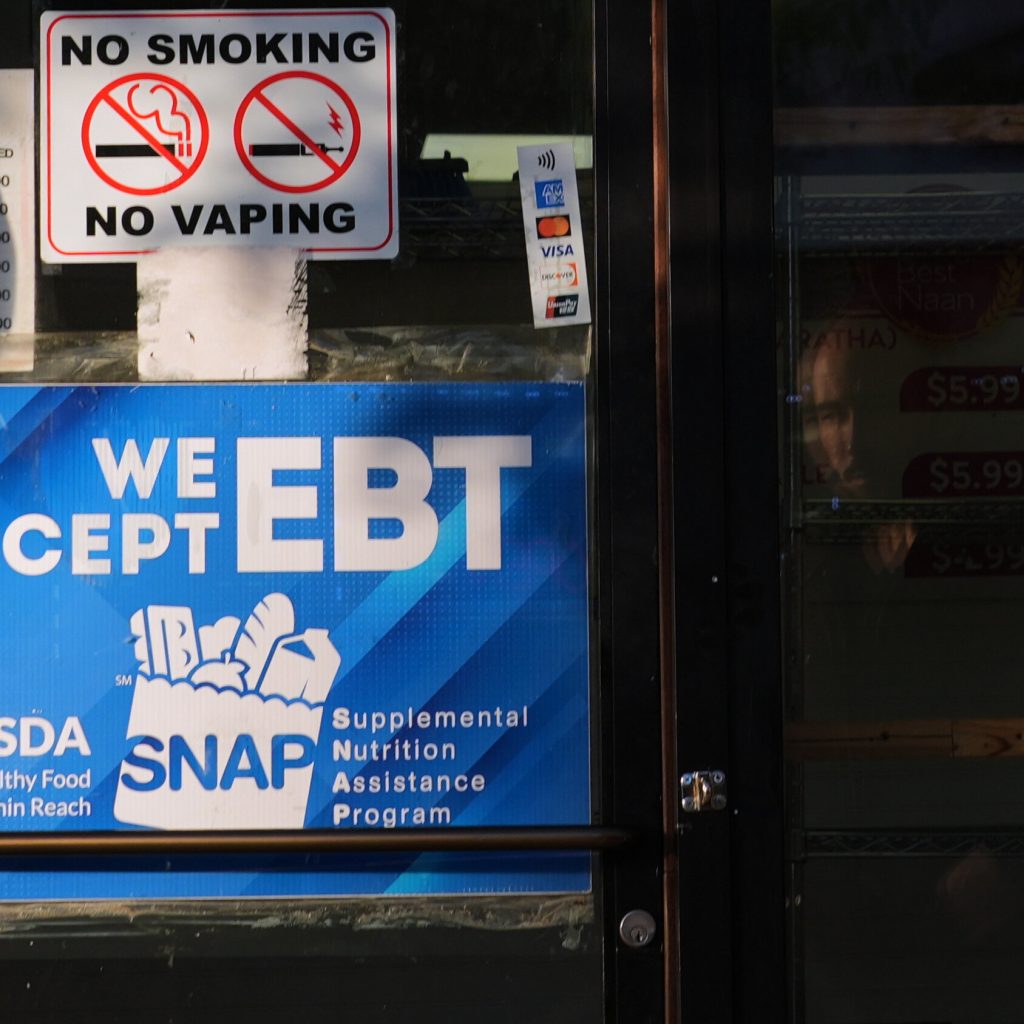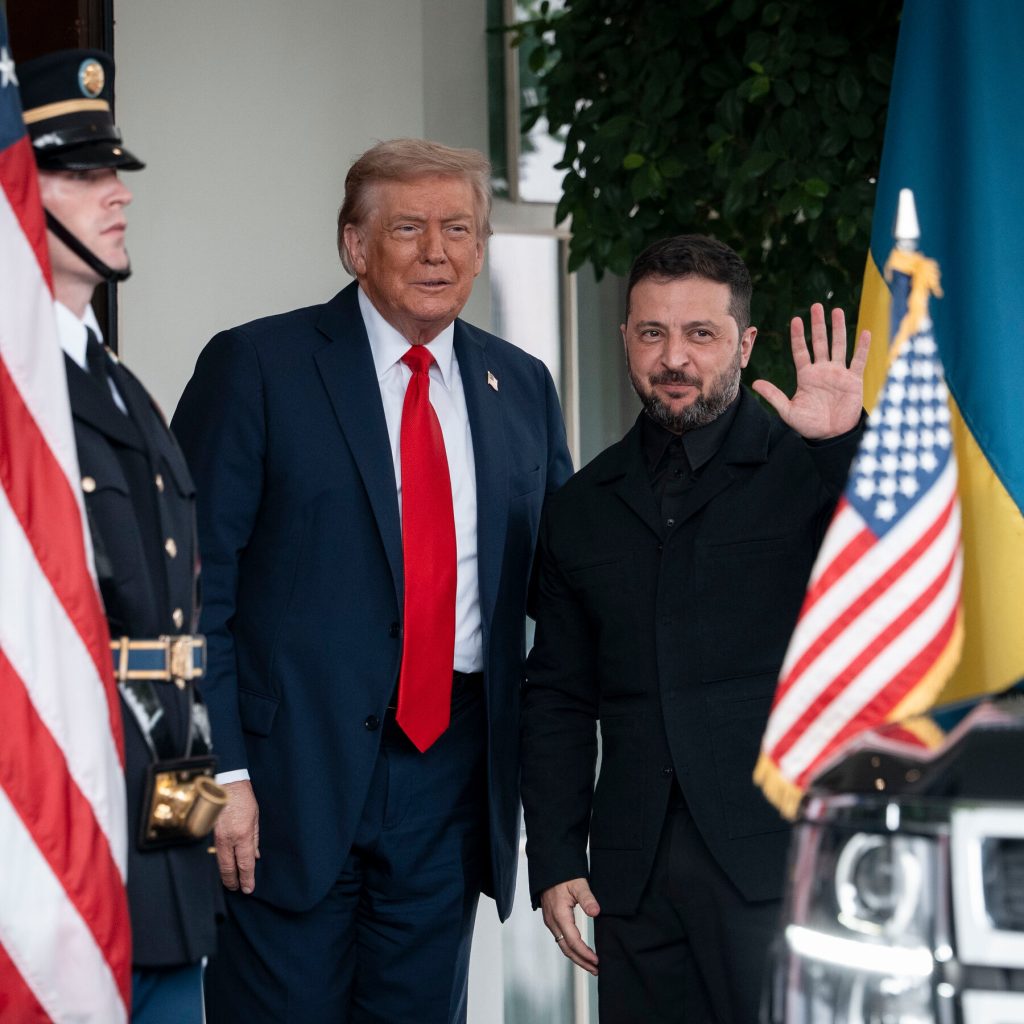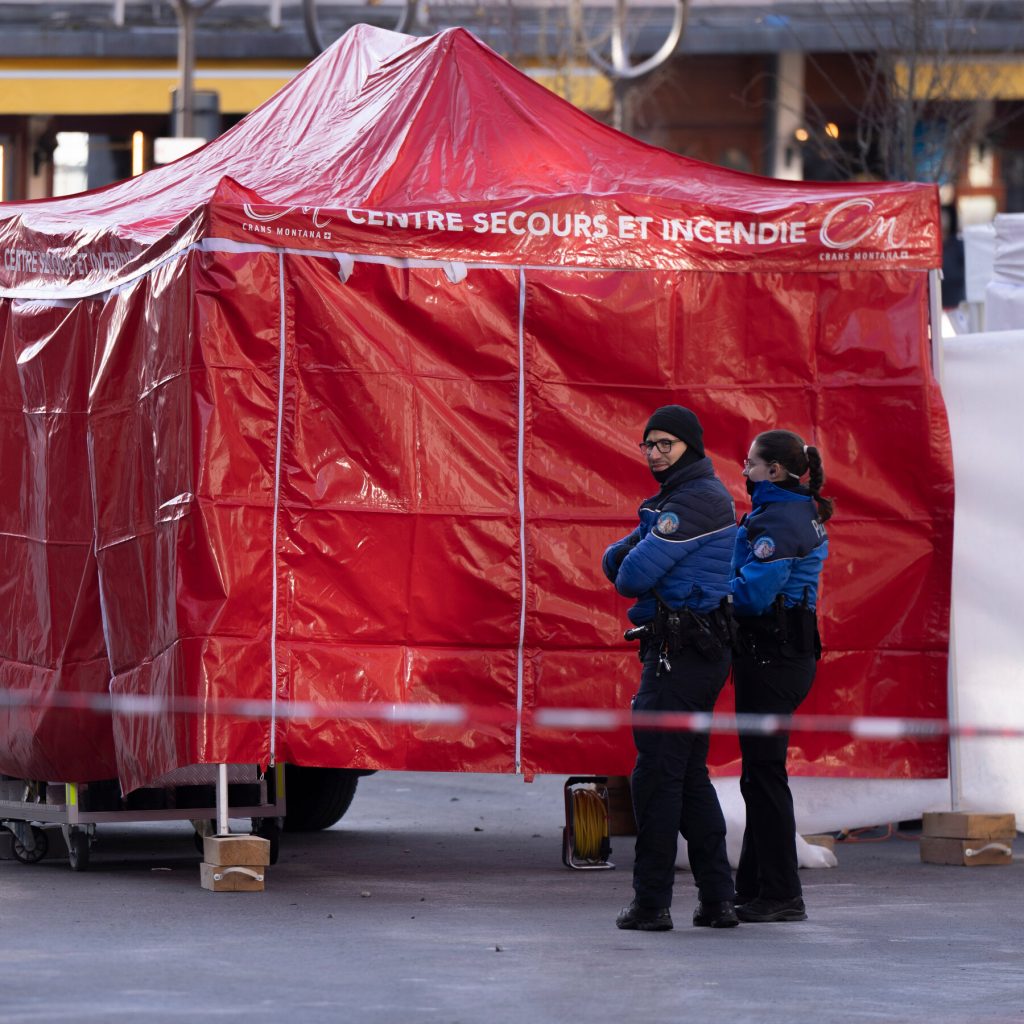Investor Skepticism: The Trump-Xi Meeting Fails to Impress
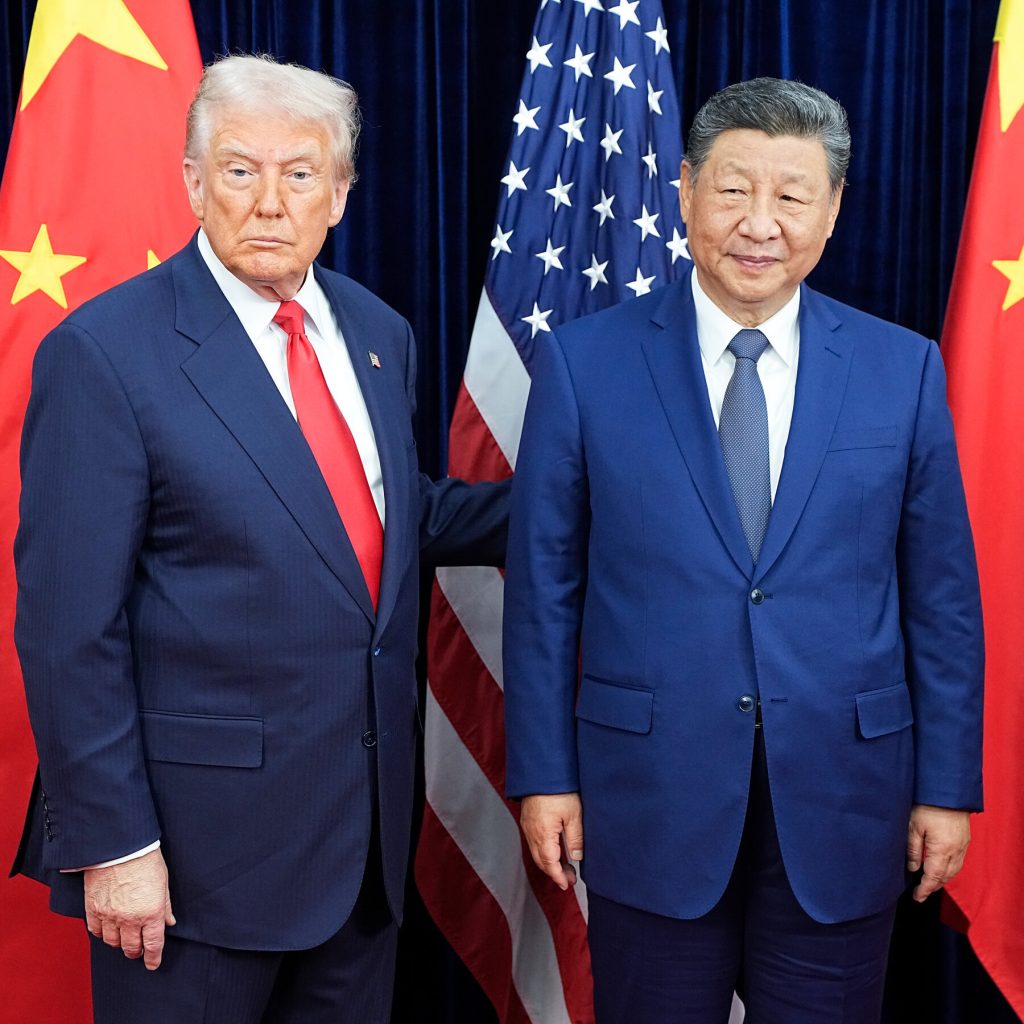
The recent meeting between US President Donald Trump and Chinese President Xi Jinping has left investors underwhelmed, despite the two leaders covering a significant amount of ground on tariffs and trade barriers. The highly anticipated event, which took place at the G20 summit in Osaka, Japan, was expected to yield concrete results, but instead, it appears to have only scratched the surface of the complex issues plaguing the US-China trade relationship.
During the meeting, Trump and Xi agreed to a temporary truce, with the US pledging to refrain from imposing additional tariffs on Chinese goods and China committing to increase its purchases of US agricultural products. However, the lack of specific details on a lasting accord has raised more questions than answers, leaving investors skeptical about the prospects of a meaningful trade deal.
One of the primary concerns is the absence of a clear framework for resolving the ongoing trade disputes between the two nations. The US-China trade war has been ongoing for over a year, with both sides imposing tariffs on each other’s goods, resulting in significant economic costs and uncertainty for businesses and investors.
While the Trump-Xi meeting did yield some positive developments, such as China’s commitment to increase its purchases of US soybeans and other agricultural products, the overall outcome was seen as underwhelming. The two leaders also agreed to restart trade talks, but the lack of concrete concessions from China has raised doubts about the likelihood of a comprehensive trade deal.
Investors are now waiting to see whether the two nations can translate the tentative agreements into a more substantial and lasting accord. Until then, the uncertainty surrounding the US-China trade relationship is likely to persist, keeping investors on edge and weighing on market sentiment. As one analyst noted, “The meeting was a step in the right direction, but it’s clear that there is still a long way to go before a meaningful trade deal is reached.”


